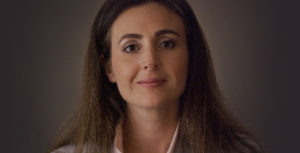Project Overview
The Oakland, California–based Essie Justice Group was founded to address an astonishing impact of mass incarceration in America: one in four women and nearly one in two Black women has a family member in prison. These women consequently suffer from dwindling economic mobility due to financial stresses, child-rearing demands, and other strains that sap economic security. In response, Essie’s peer-support initiative offers a “healing to advocacy” agenda that empowers women with incarcerated loved ones to push for social and policy reform, while boosting their economic resilience. With cohorts in an expanding number of California cities—including Los Angeles, Fresno, San Jose, and Sacramento—Essie offers women participation in nine-week, in-person groups that provide counseling in trauma healing, managing money through crisis, and other topics. At the same time, the initiative’s focus on the financial impact of incarceration shines a path-breaking light on the poverty entrapment affecting millions of mothers, wives, and daughters of those caught in America’s prison crisis. Through their journey of collective healing, participants become part of Essie’s broader work to support legislative action, advocating for an end to money bail and other critical campaigns. This bottom-up, collaborative strategy is creating a membership of fierce advocates for race and gender justice—including Black and Latinx women, formerly and currently incarcerated women, and gender non-conforming people—to fight for criminal-justice reform.
Five Questions
Learn more about this project
Meet our other 2015 awardees
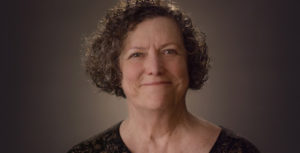
New York
A model for activating human capital in rural places, this “living museum of contemporary rural life” has helped inventive rural residents ignite a fresh sense of cultural and economic opportunity.
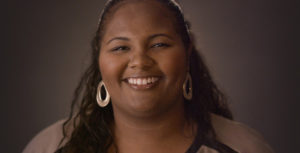
ScholarCHIPS for Children of Incarcerated Parents
Washington, D.C.
To break the cycle of intergenerational incarceration, ScholarCHIPS supports college students in the Washington, D.C. area who are among the millions of children in America with incarcerated parents.
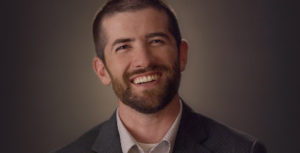
Washington State
Through a unique blend of peer mentoring, community farming, and “dirt therapy,” Growing Veterans uses sustainable agriculture as a catalyst for ending veteran isolation.
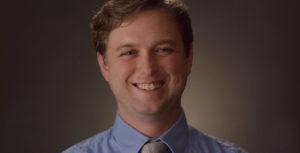
West Virginia
Tackling the economic, cultural, and environmental distress of West Virginia’s collapsing coal economy, Reclaim Appalachia creates new economic opportunities rooted in a vibrant spirit of place.

California
Bringing local fish into schools proves a powerful way to cultivate the next generation of ocean stewards, while promoting sustainable seafood and supporting a community’s fishing industry.
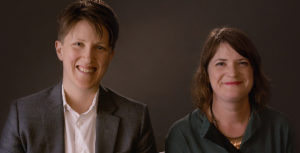
New York and North Carolina
To advance worker well-being, Coworker.org harnesses online tools to advocate for freelancers, independent contractors, and others in today’s gig-based workforce.
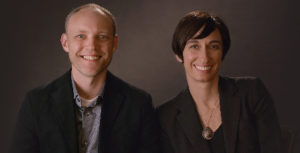
Elizabeth Monoian &Robert Ferry
Washington State
A series of large-scale public art installations seeks to transform unloved clean-energy infrastructure into wildly inspiring cultural and economic assets.
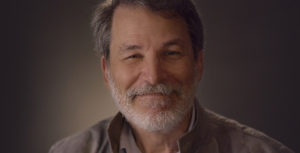
New York
A global network of tech-enabled partners uses advanced production tools to deliver life-changing prosthetic hands and arms to those who need them most.

 Learn More
Learn More